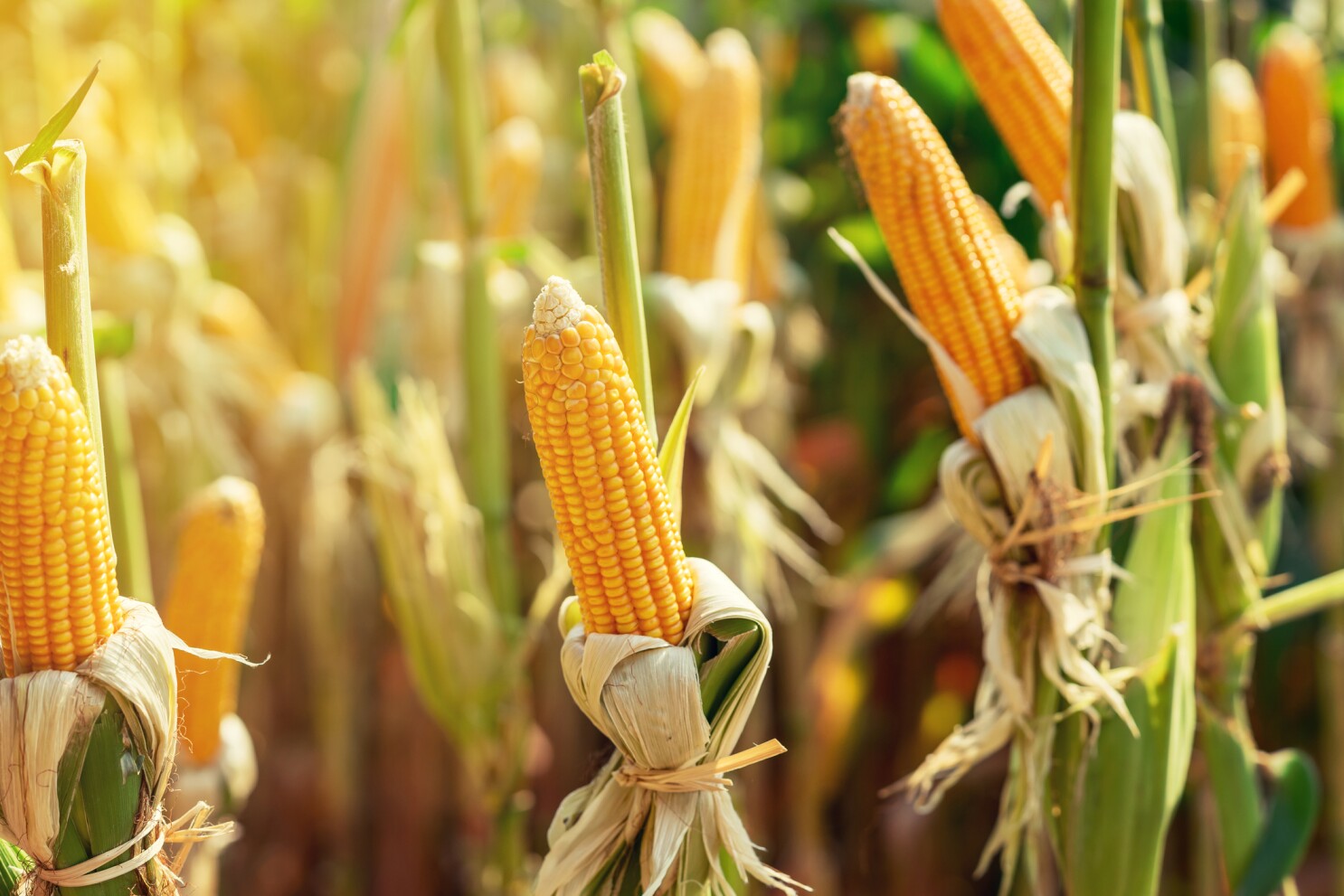Today DSE and the University of Arkansas published a study in the Journal of Data Science, Statistics, and Visualization and an open source tool that show the need for changes to federal crop insurance programs that could benefit farmers, companies, and the climate.
The open-source tool uses artificial intelligence to depict a likely future for the U.S. corn industry, in which growers and insurance companies face increasing economic uncertainty.
"Crop insurance has increased 500% since the early 2000s and our simulations show that insurance costs will likely double again by 2050," said Sam Pottinger, lead author and Senior Research Data Scientist & Software Engineer with DSE. "This significant increase will result from a future in which extreme weather events will become more common, which puts both growers and insurance companies at substantial risk."
Our AI model simulates growing conditions between 2020 and 2050 under different scenarios. This includes projections for future corn yields if today's growing conditions continue unchanged for the next three decades (serving as the "baseline"). The model compares this baseline to scenarios projected by the Intergovernmental Panel on Climate Change that anticipate more frequent extreme weather events caused by climate change.
The researchers found that if growing conditions remained unchanged, federal crop insurance companies would see a continuation of current claims rates over the next 30 years. However, in an anticipated future under climate change, companies could see a 22% increase in claims filed by 2030, and a 29% increase by 2050.
"In the model's projections not only do we see the claims' rate rise significantly in a future under climate change, but the severity of these claims increases too," said Lawson Conner, co-author of the study and Assistant Professor in the Department of Agricultural Economics and Agribusiness at the University of Arkansas. "For example, we found that insurance companies could see the average covered portion of a claim increase up to 19% by 2050."
The team's just-released web tool allows users to interact with and delve into the study findings. For example, readers can explore how crop insurance prices are set by clicking on "rates" and how changes to those structures would play out for high- and low-stability growers by clicking on "claims." Additionally, users can explore where these changes are most likely to have impacts in the "neighborhoods" tab. Also linked within the tool is the researchers' entire dataset available for download.
"Our team released this open-source tool in conjunction with the study because we value transparency and seek to disseminate our findings beyond academia," said Maya Weltman-Fahs, Senior Program Manager with DSE. "This tool was designed with policy- and decision-makers in mind so that our findings can be more actionable."
Federal crop insurance is distributed by the United States Department of Agriculture (USDA) and is a critical source of economic stability for US farmers and agricultural entities. Generally, all U.S. farmers receive insurance coverage through this federal program (some farmers may also have supplemental insurance from private companies). Currently, the primary metric for determining federal coverage (as defined by the Farm Bill) is a grower's annual average crop yield.
To help better protect growers into the future, and reduce financial liability for insurance companies, the study authors identify two possible pathways for improvement. First, a relatively minor change to the Farm Bill text could incentivize farmers to adopt (or better account for farmers who have already adopted) agricultural practices, such as cover cropping and crop rotation.
While these practices can result in a lower average yield from one year to another, farmers are rapidly adopting them to increase crop resilience over time. Second, the scientists point to opportunities for making a similar change via 508(h), which is a mechanism for private companies to recommend alternative and/or supplemental insurance products for USDA's consideration.
"We are already seeing more intense droughts, longer heat waves, and more catastrophic floods. In a future that will bring even more of these, our recommendations could help protect growers and insurance providers against extreme weather impacts," said Timothy Bowles, co-author and Associate Professor in the Department of Environmental Science, Policy, and Management at UC Berkeley and Faculty Director of the Berkeley Food Institute.
"We are providing our findings to advocates and policymakers directly to help inform decision-making for federal insurance provisions."
Source - https://www.msn.com













